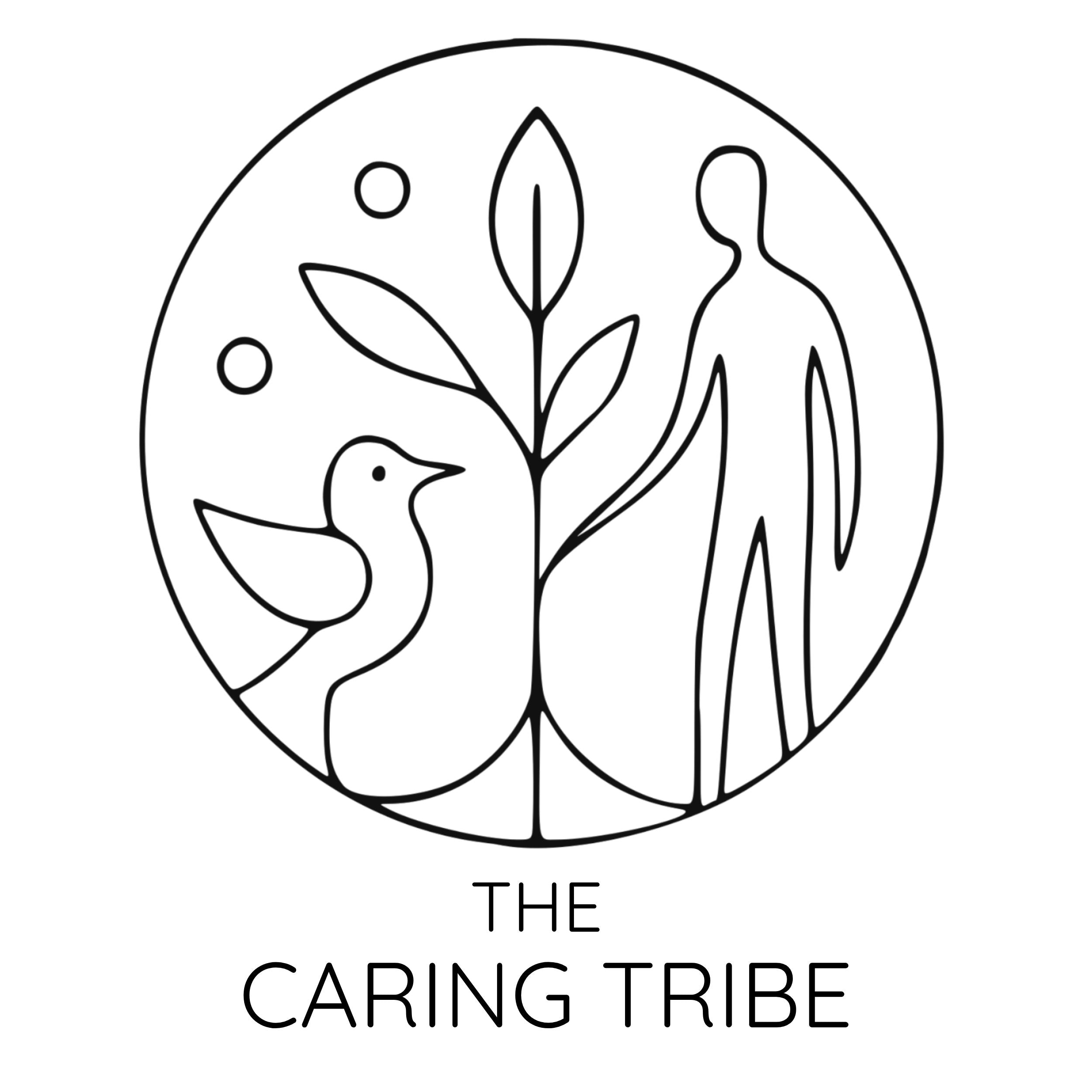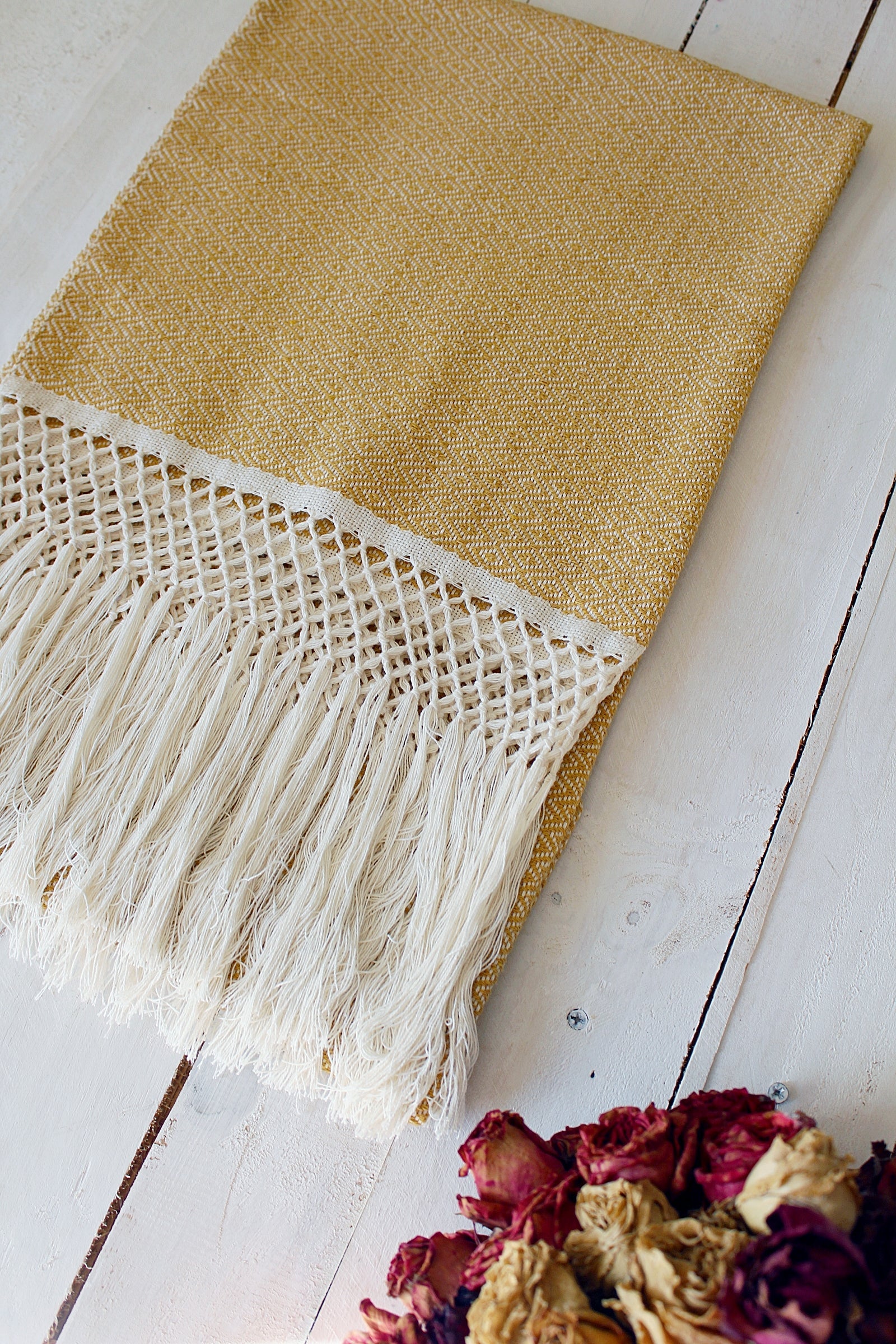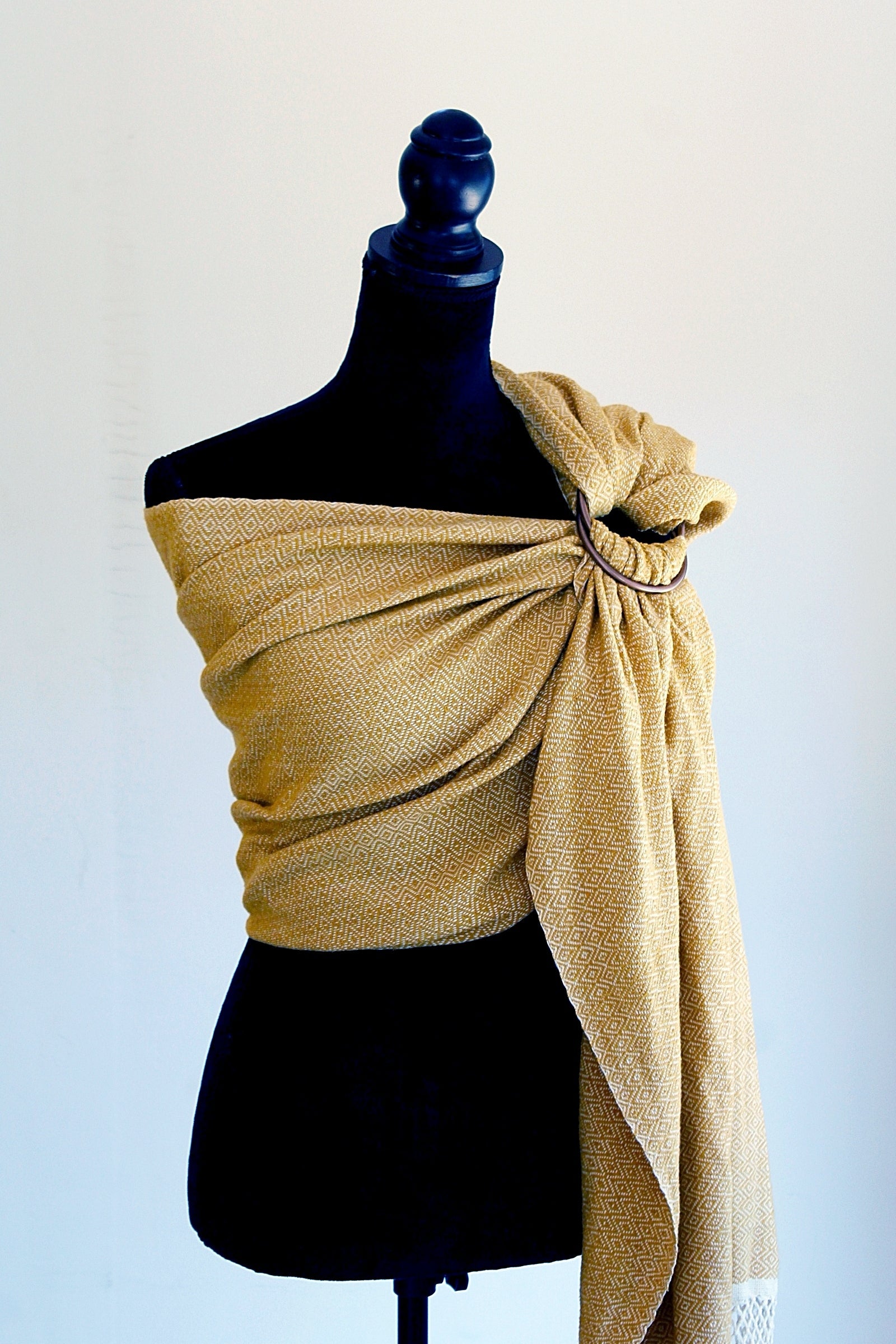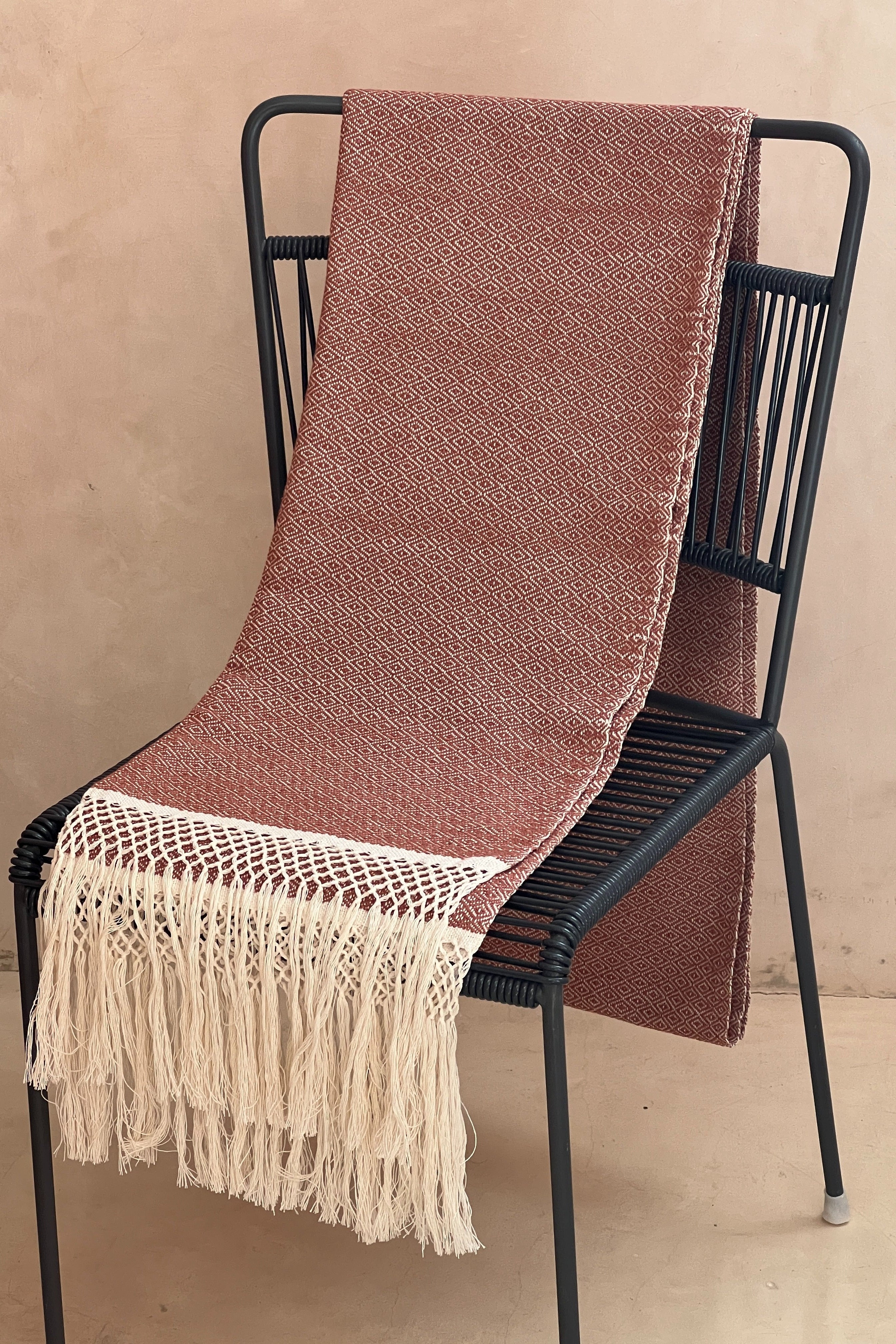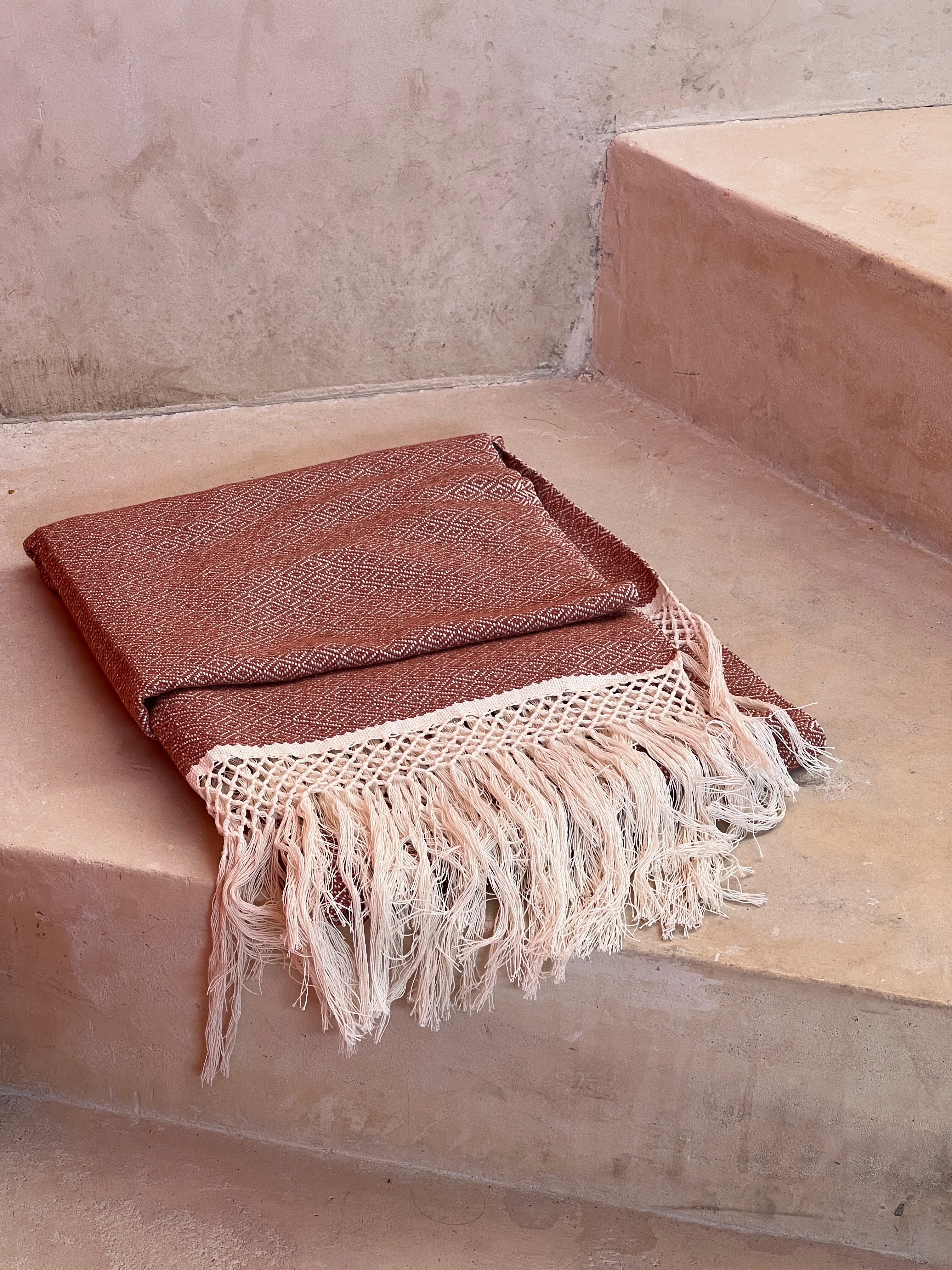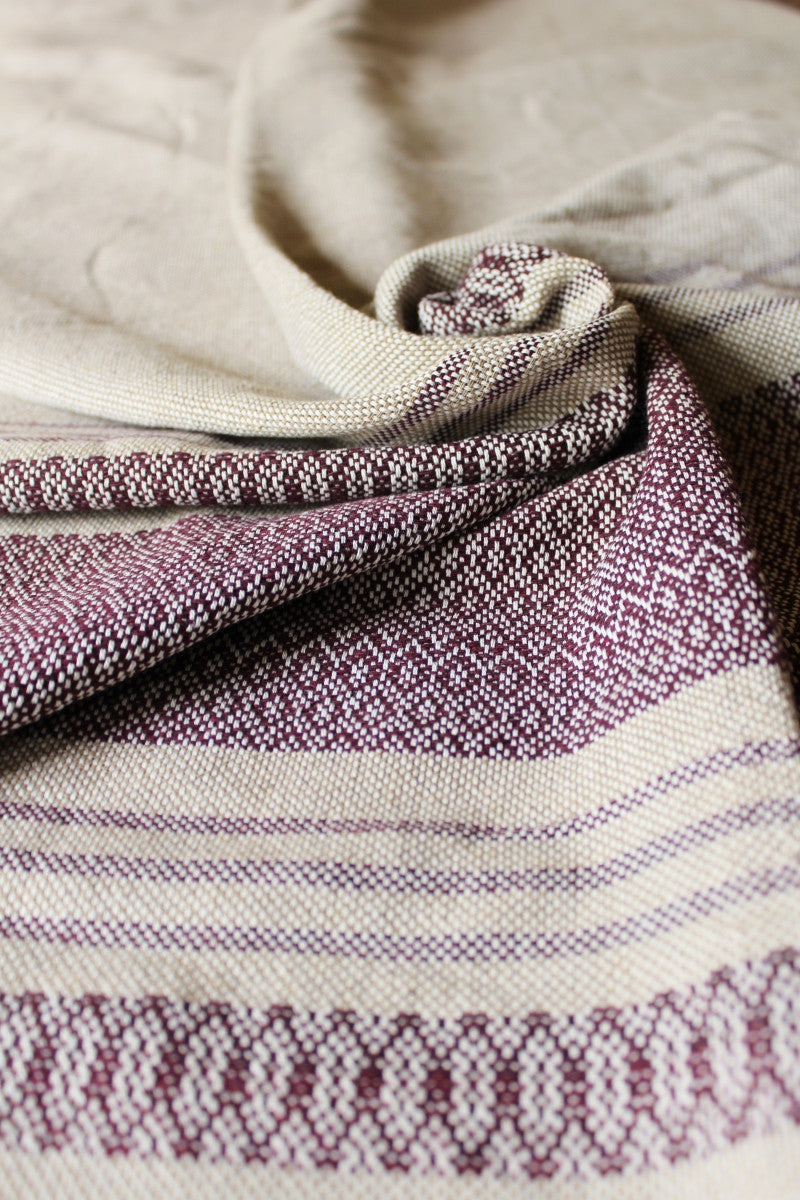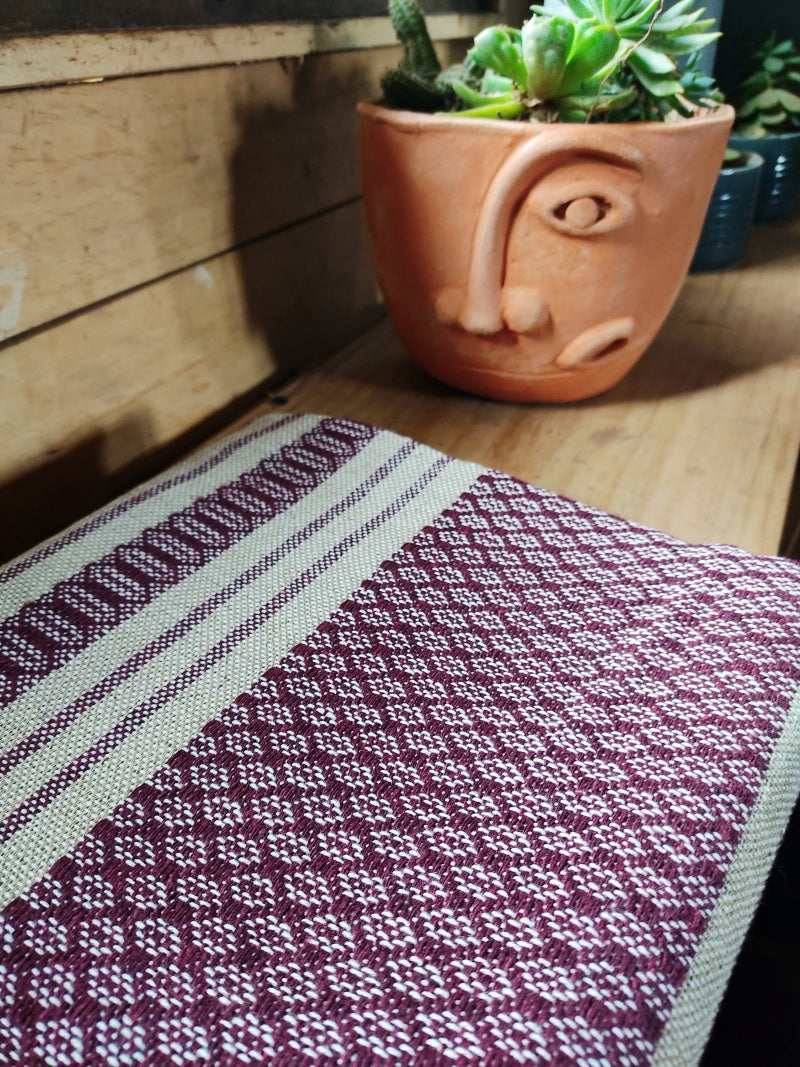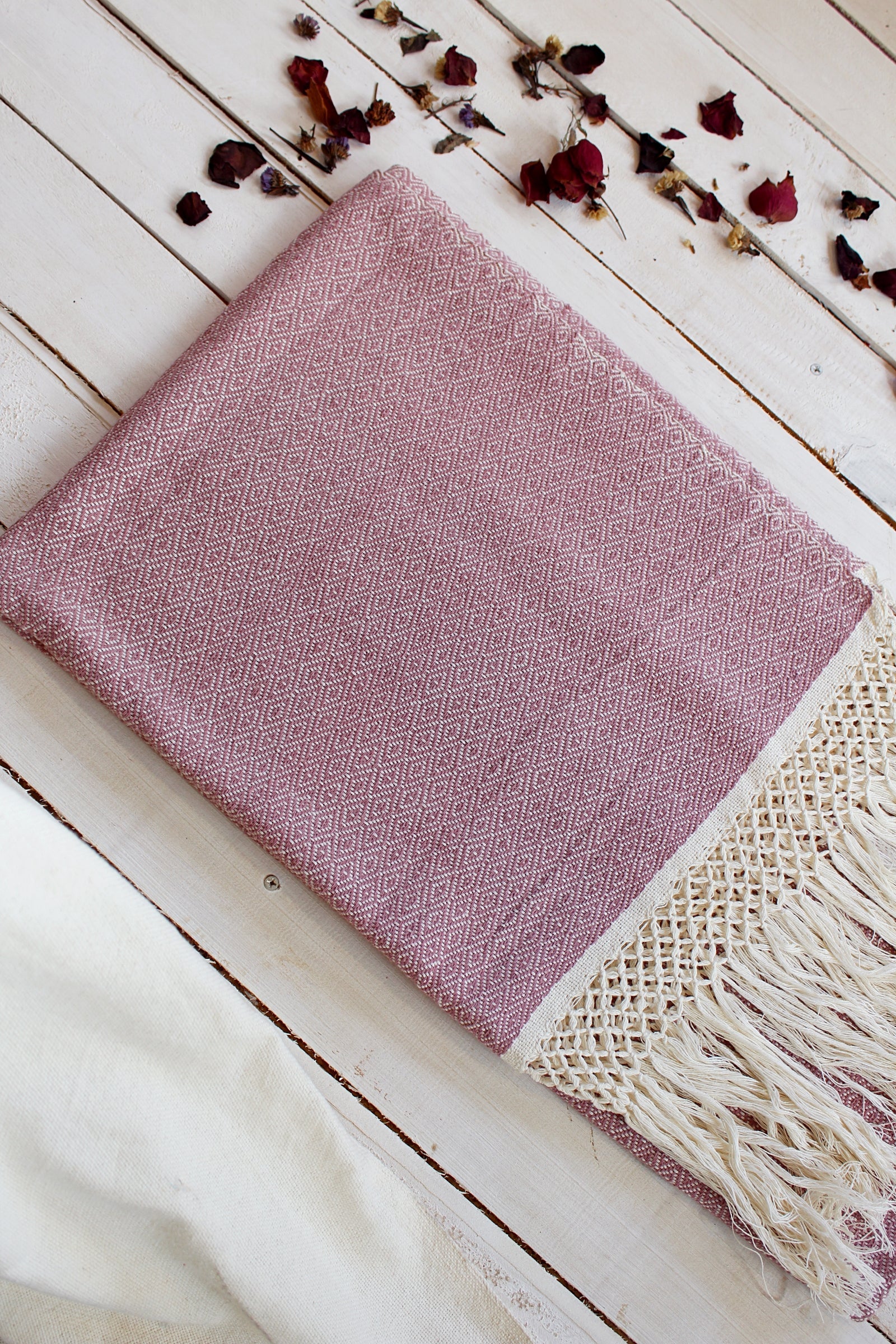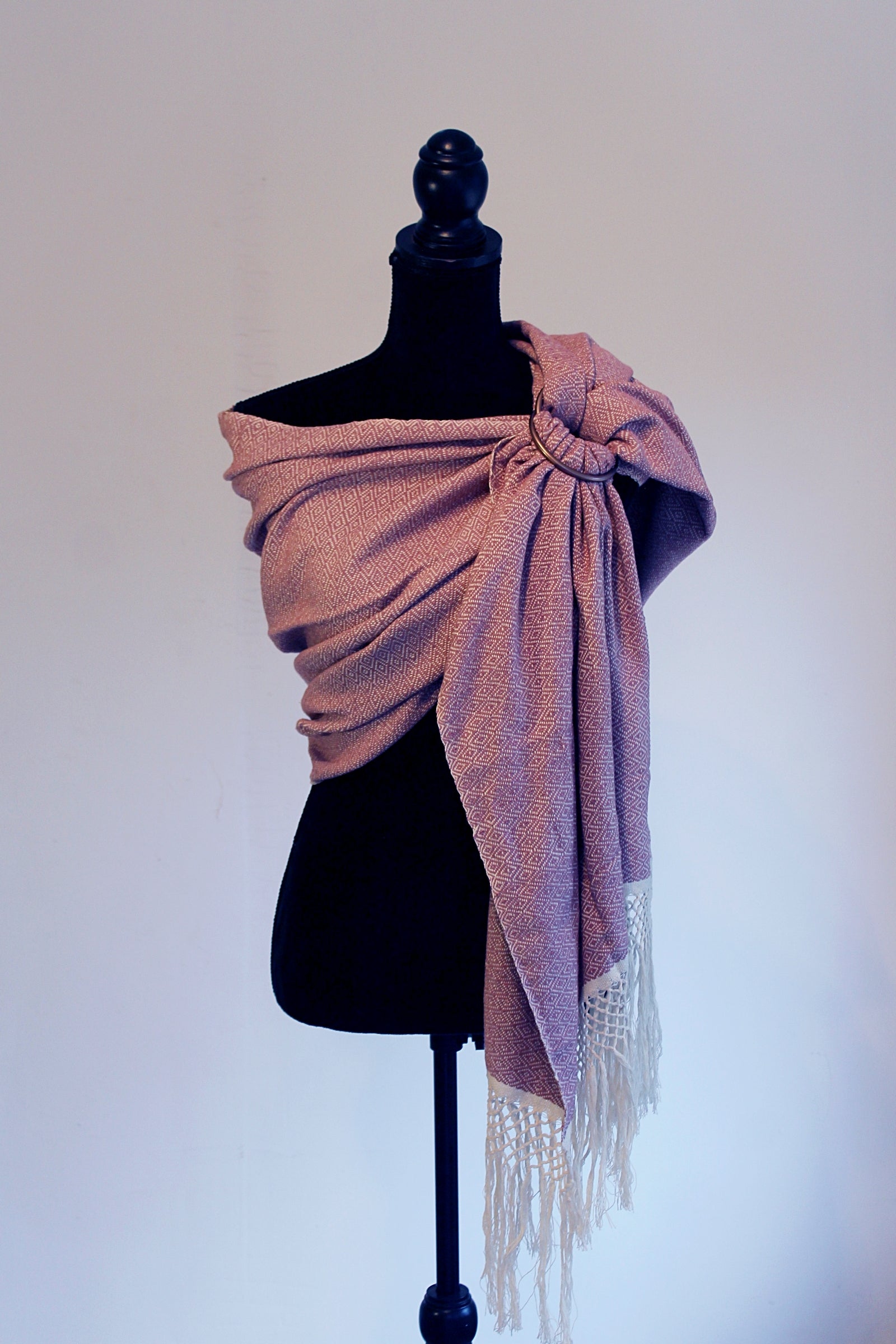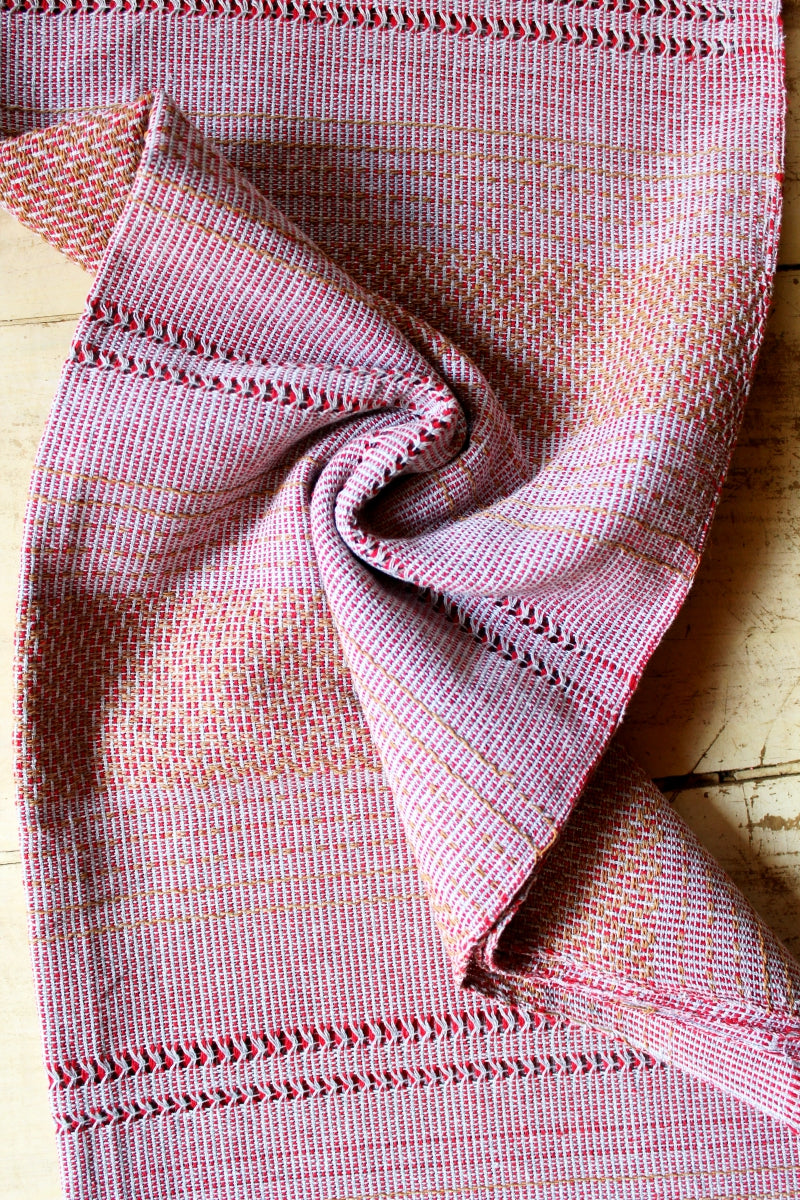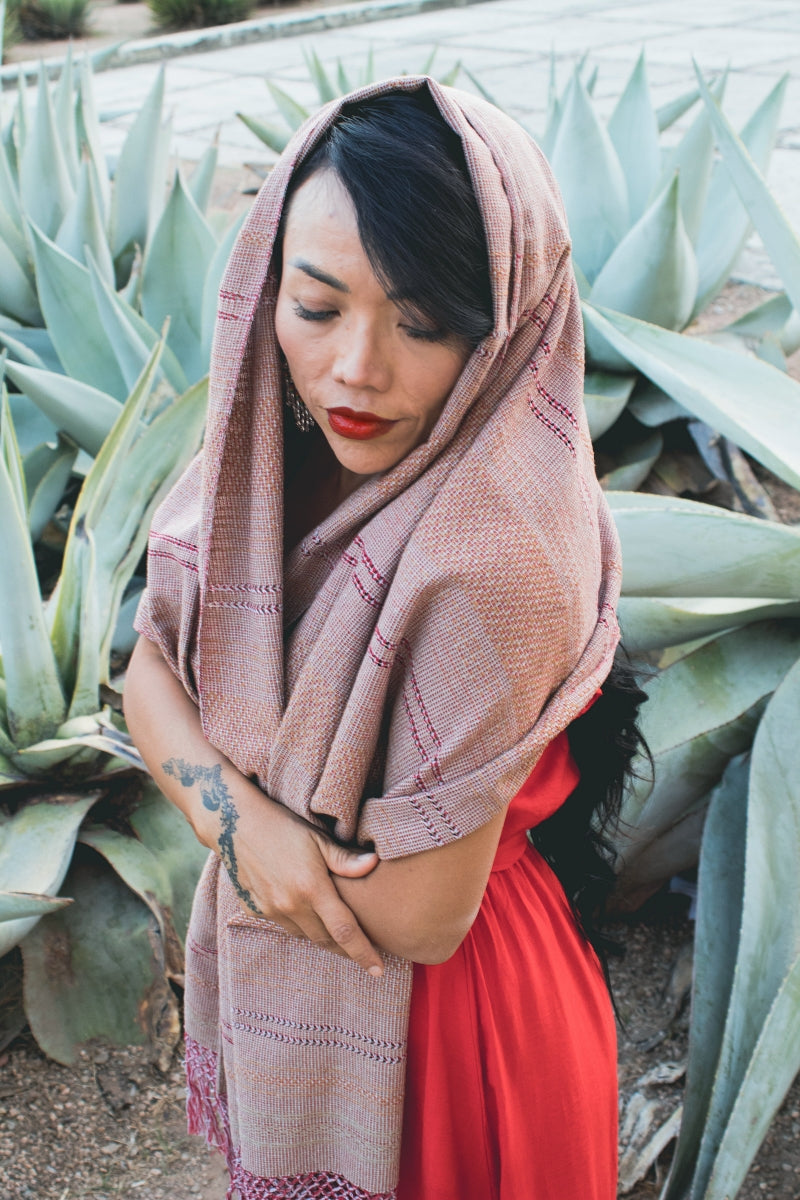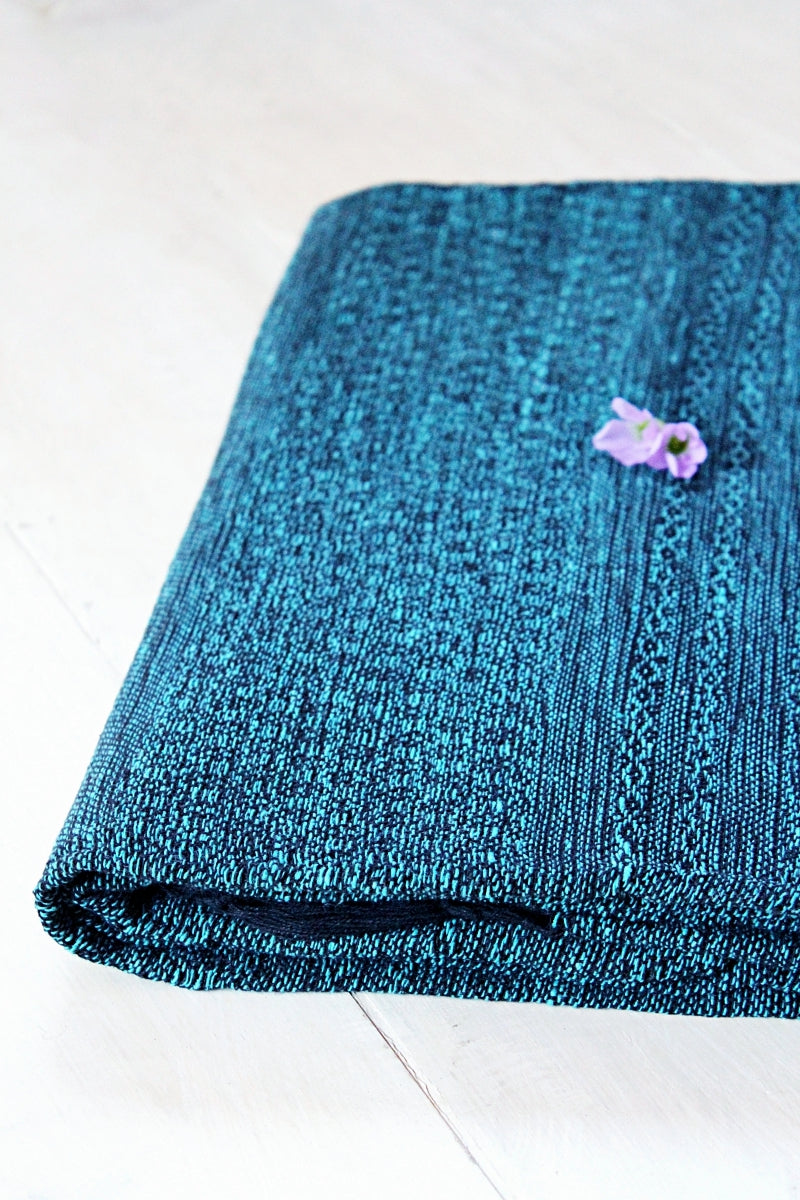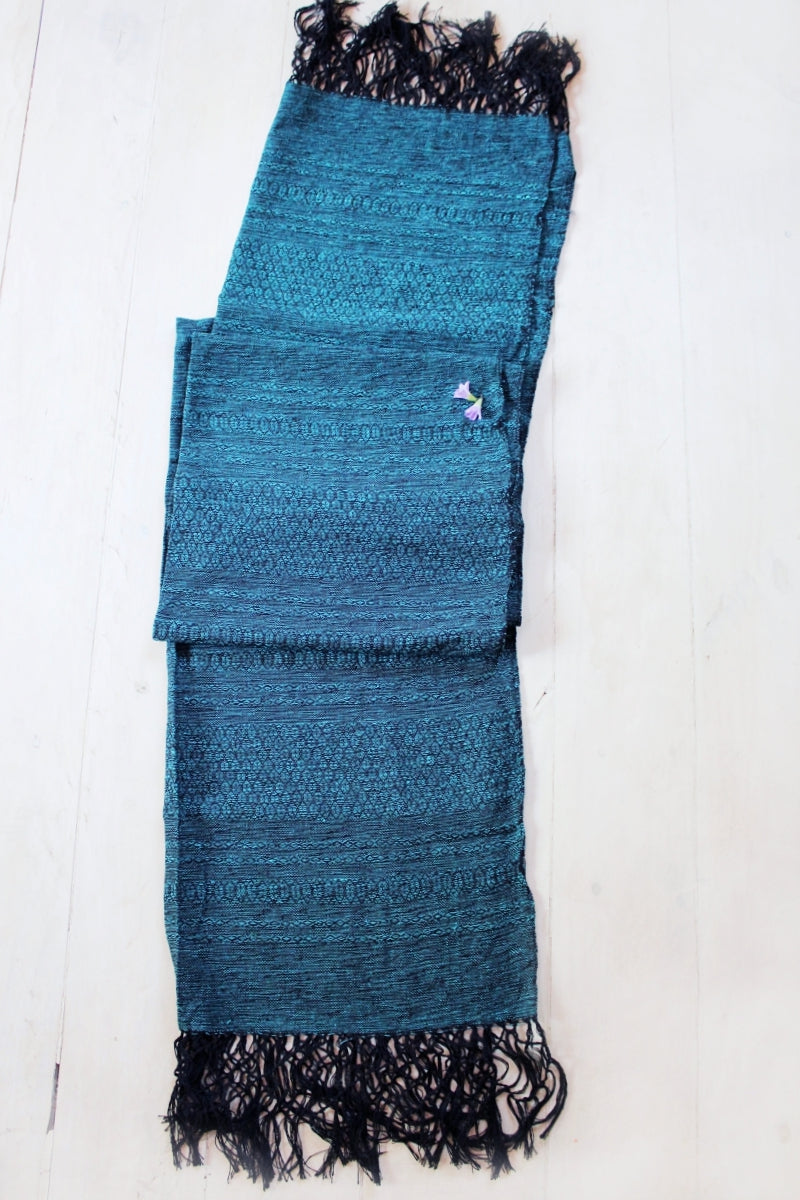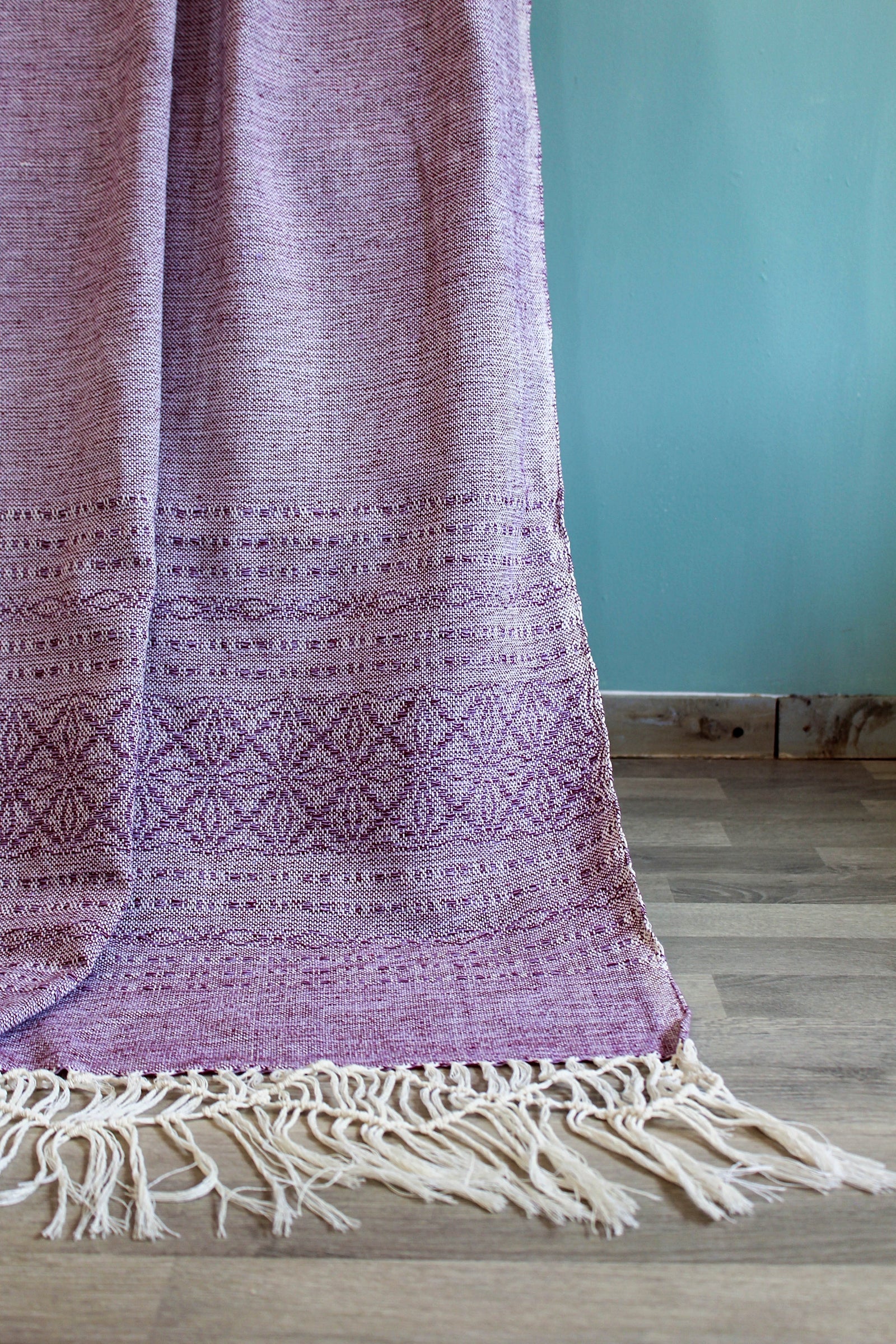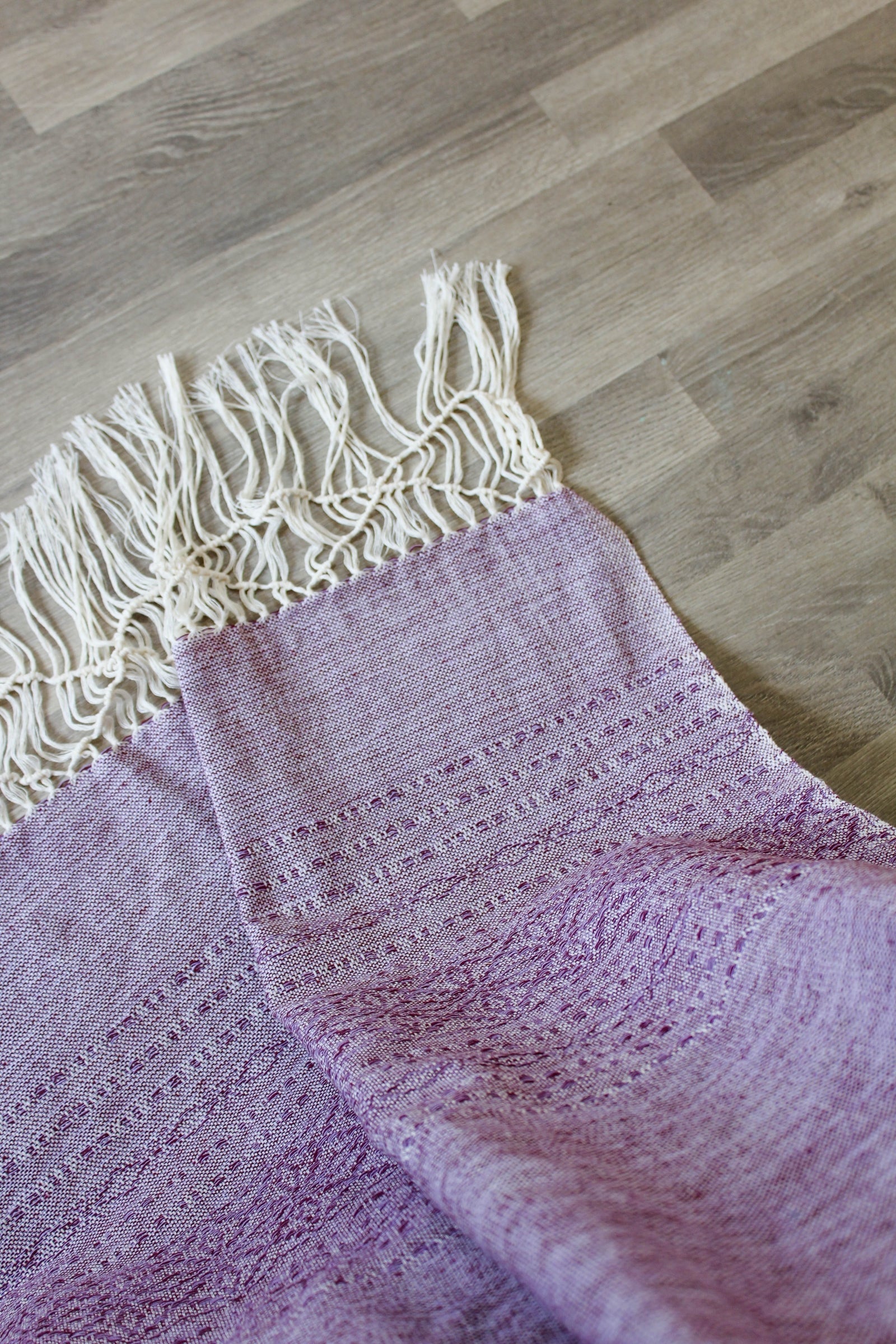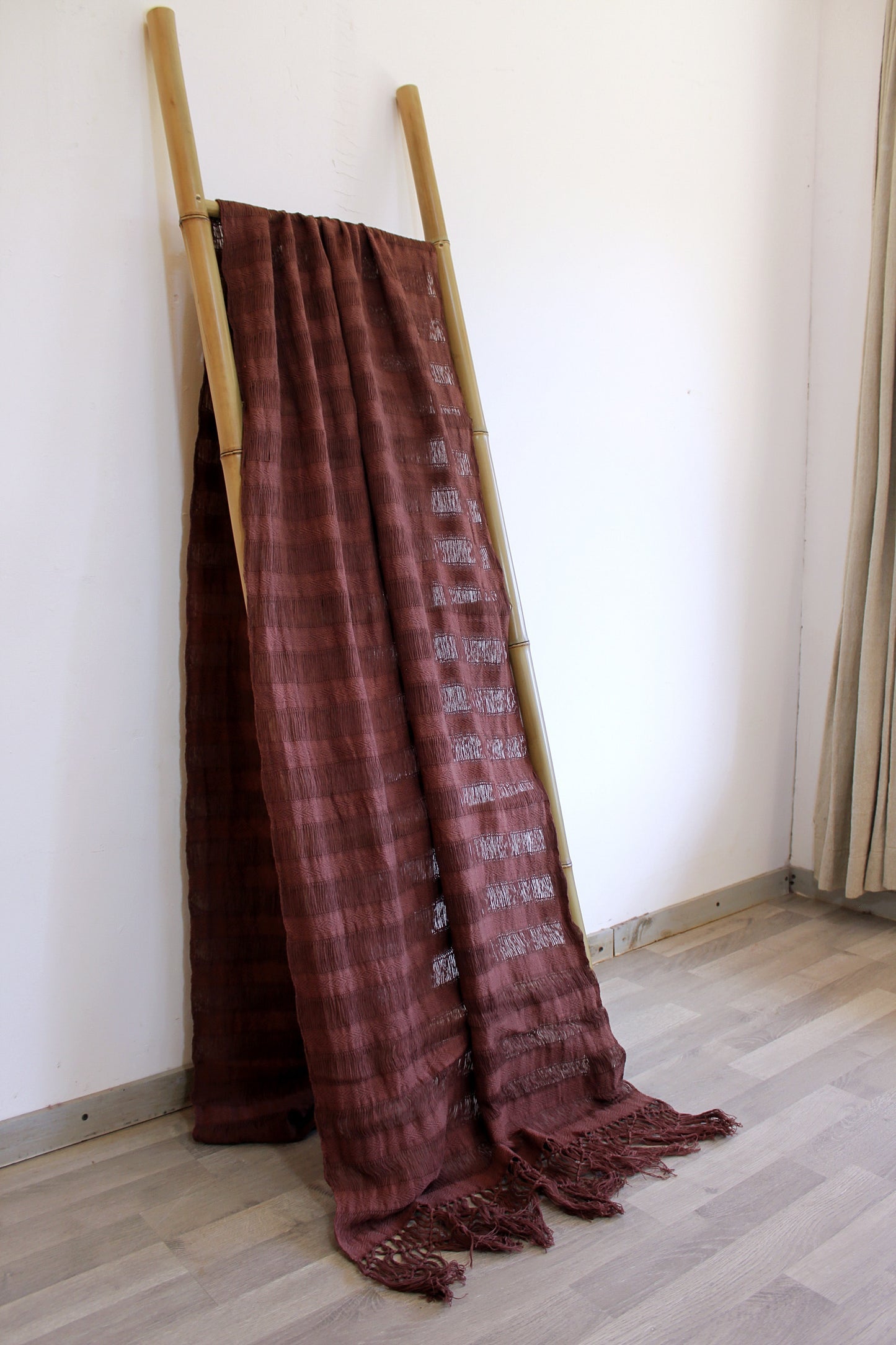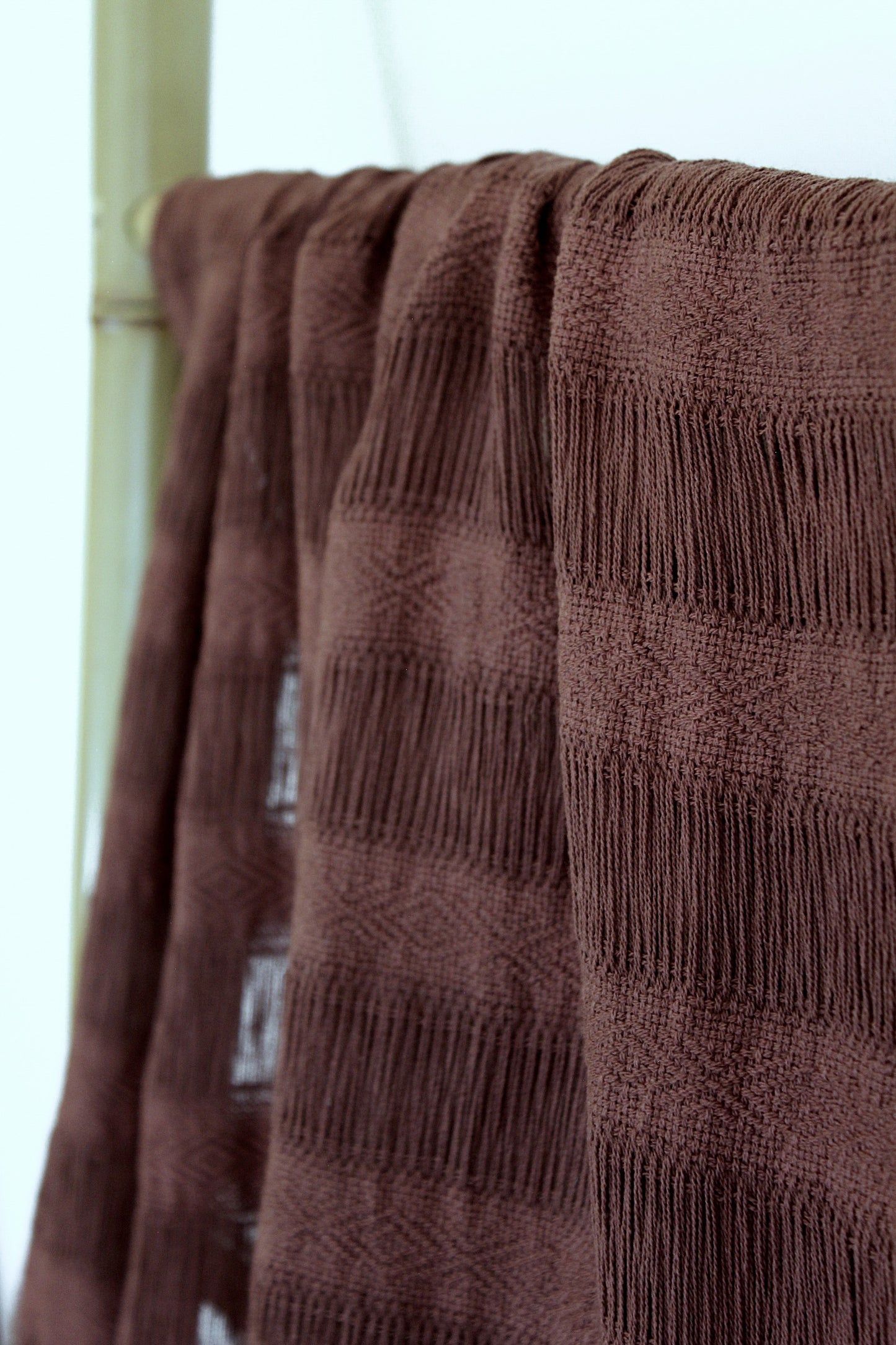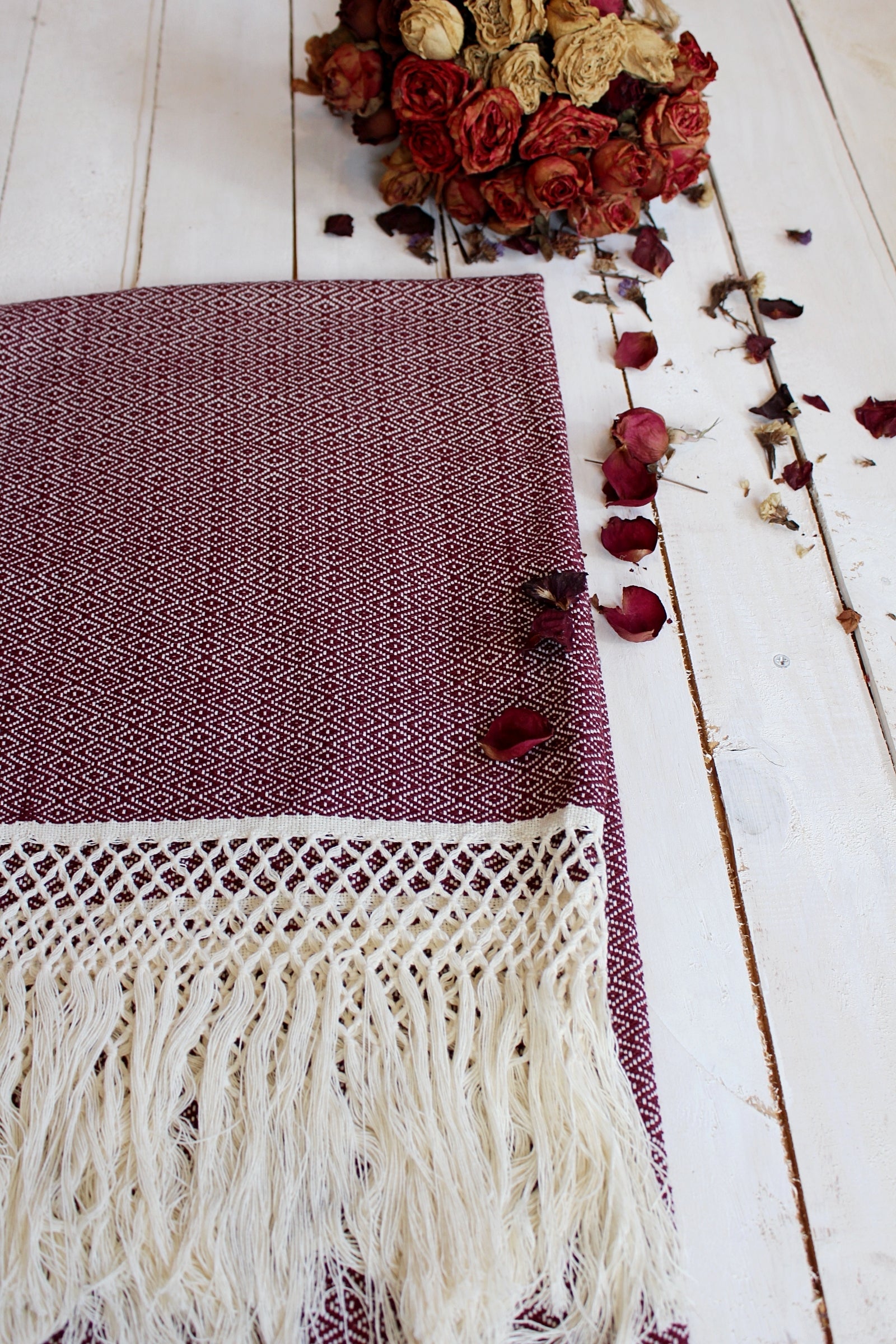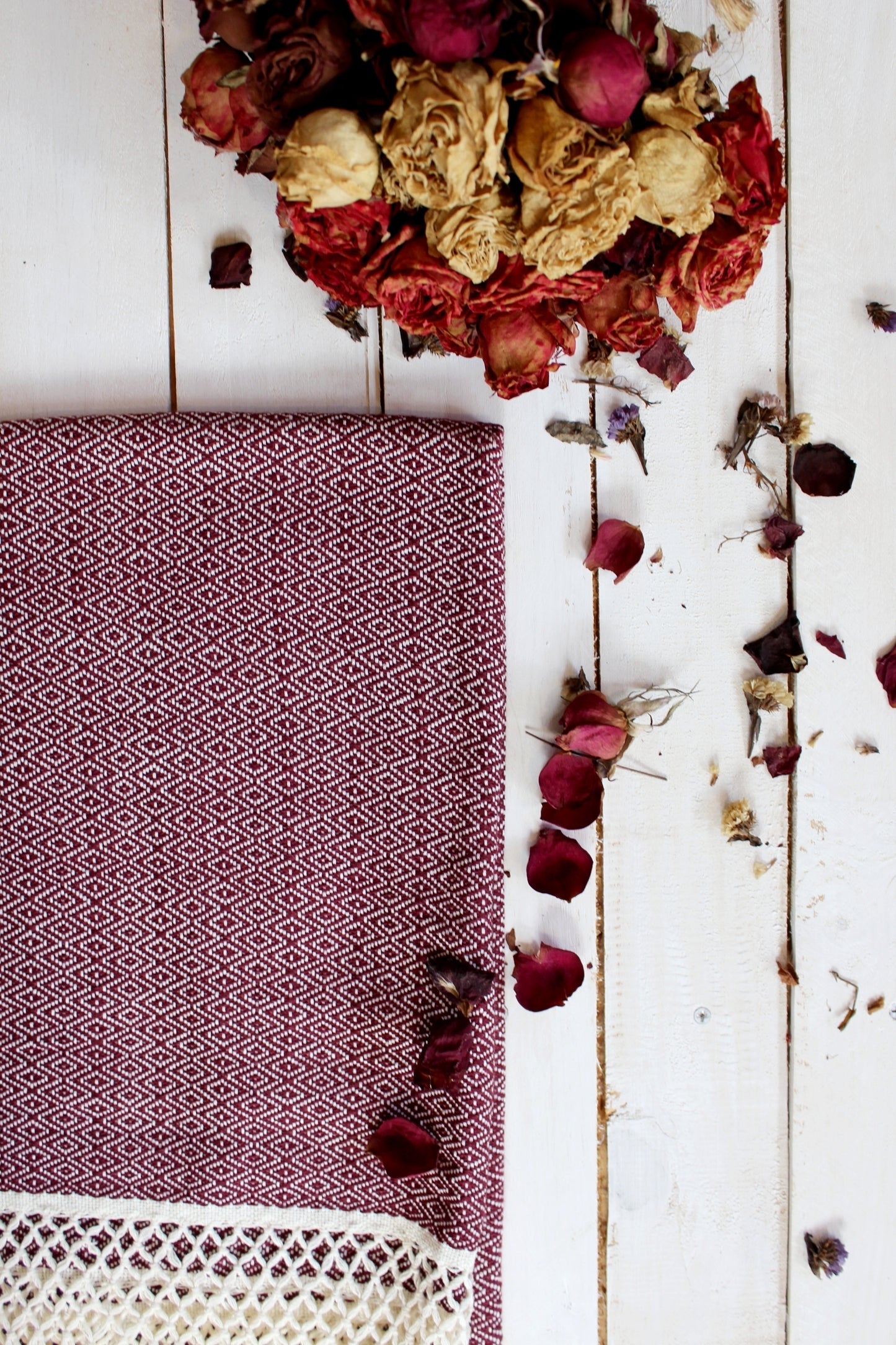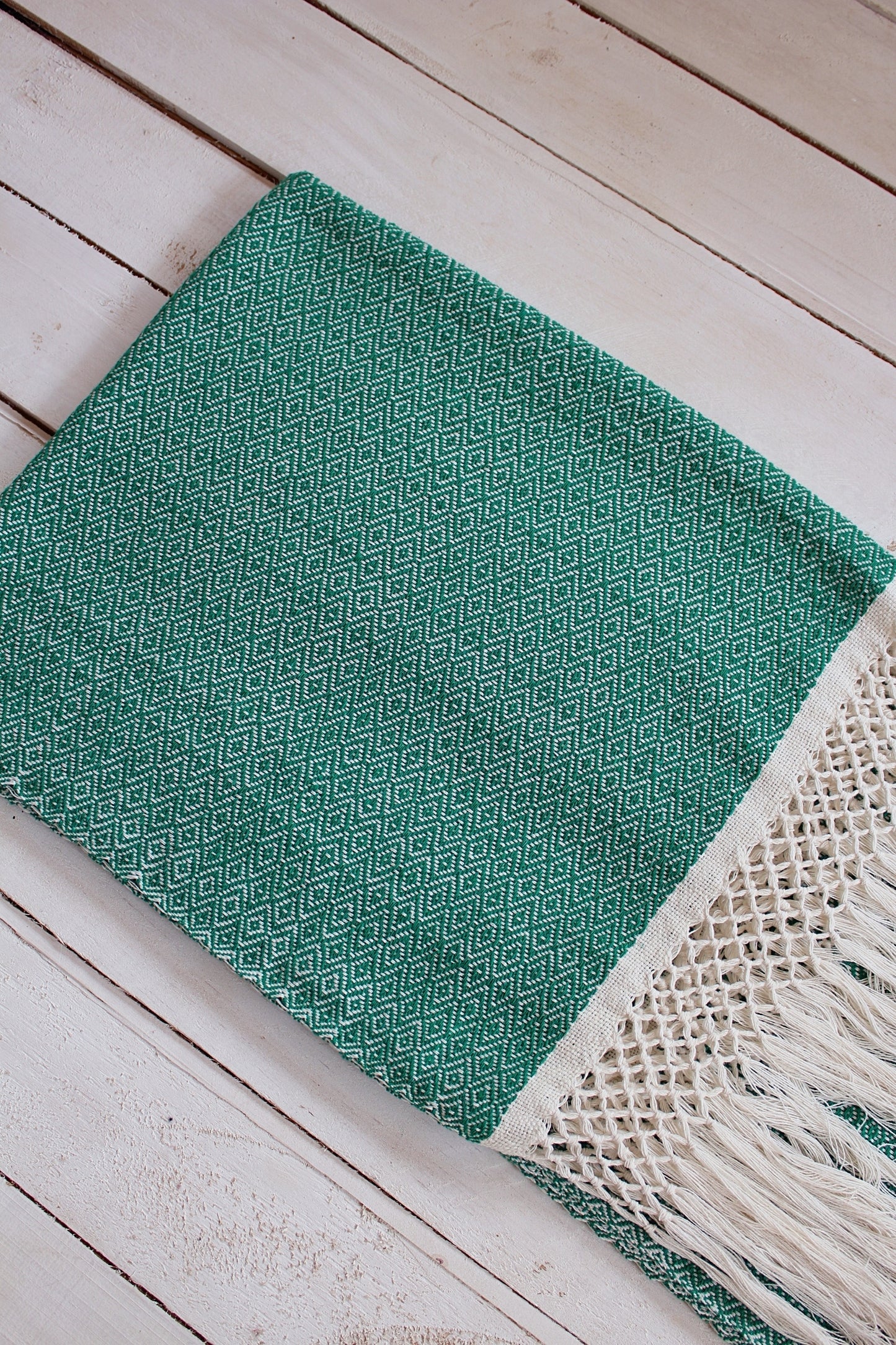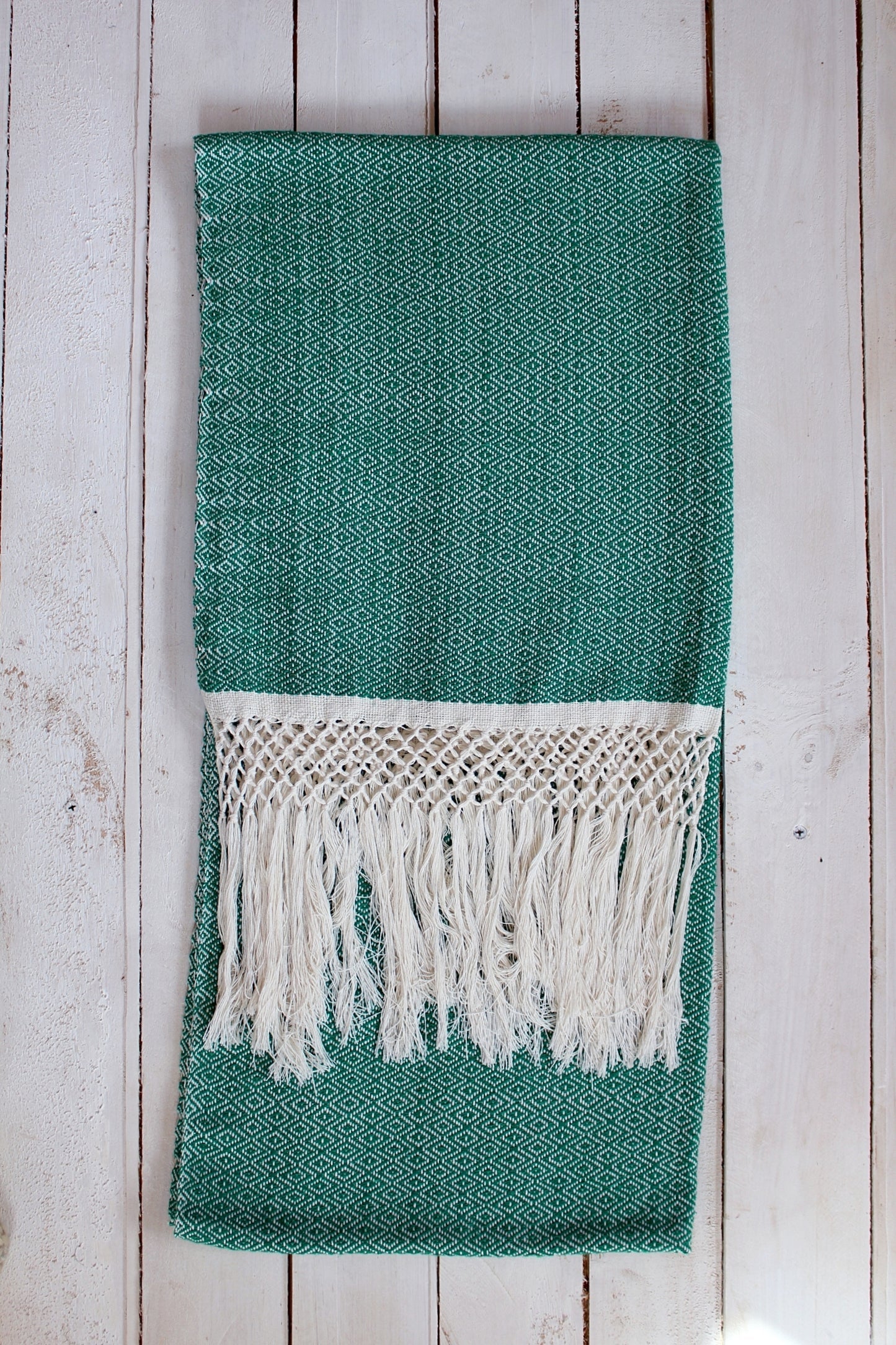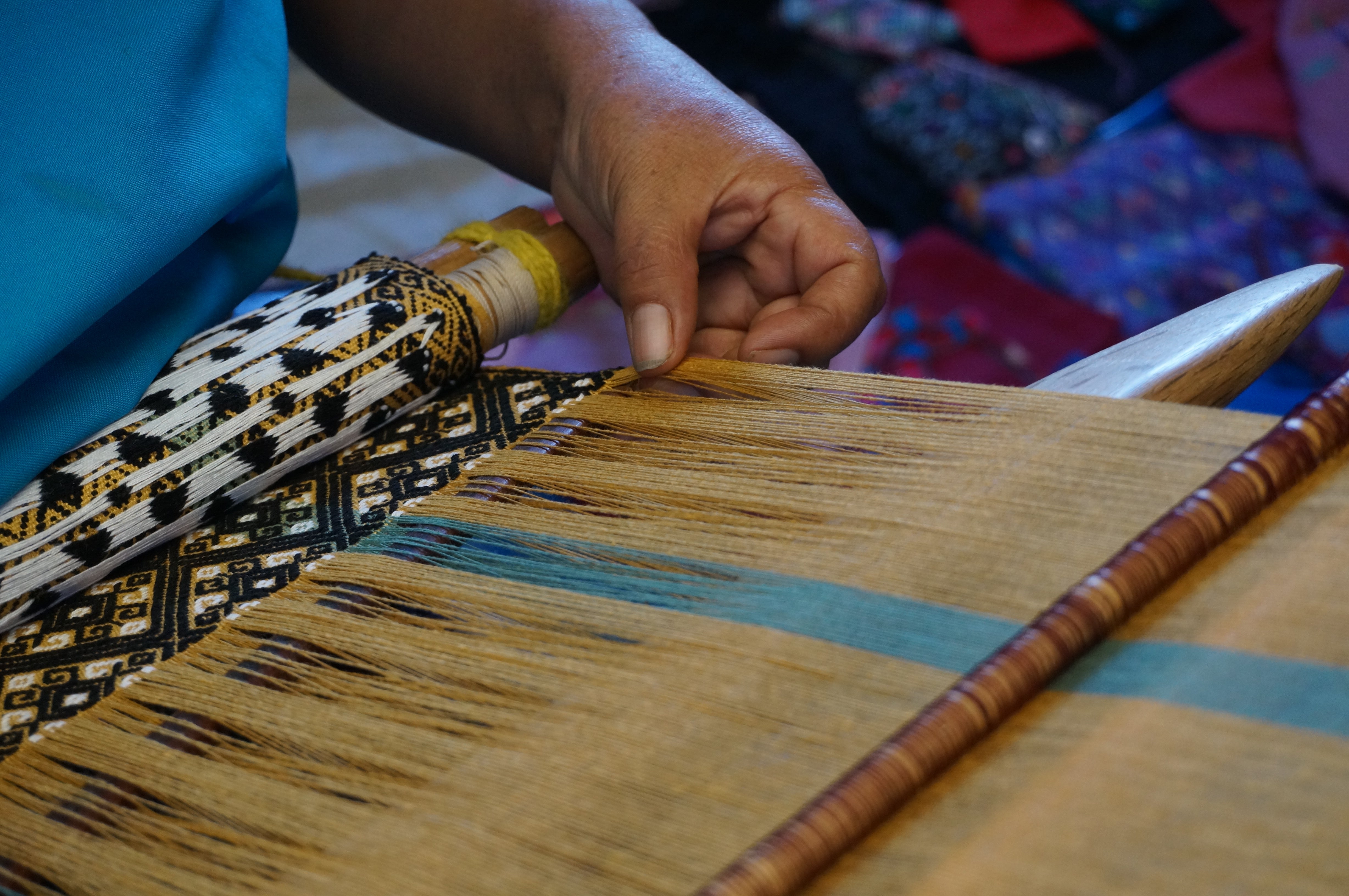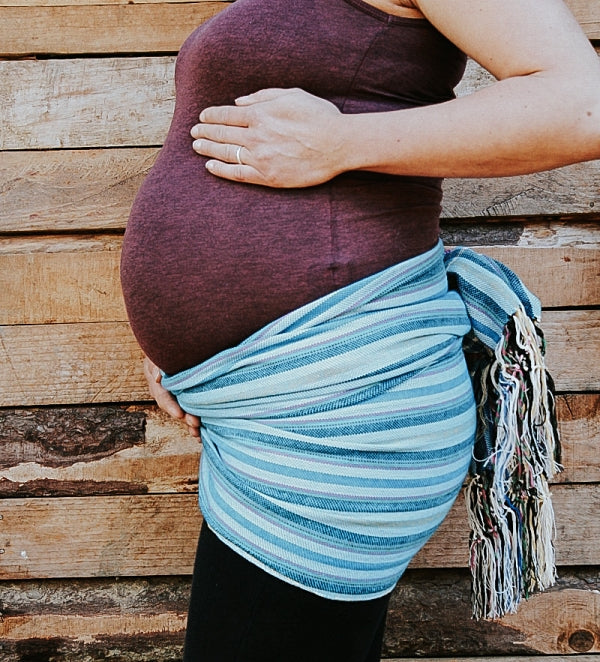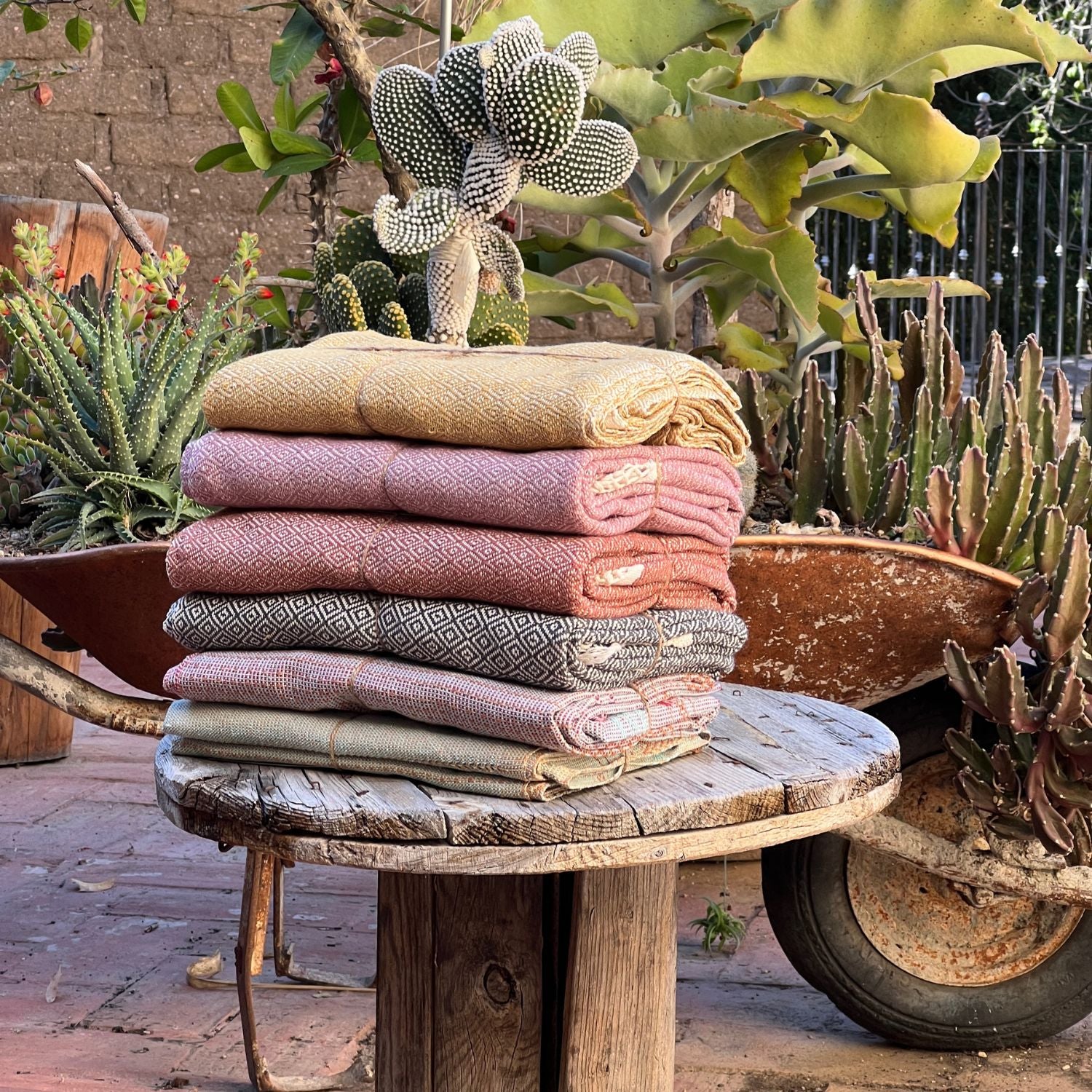
Rebozo: Support and connection for a more natural life
The rebozo (from the Mexican "el rebozo"), often called "the rebozo" in German (from the rebozo cloth), is a long, straight piece of fabric that is a mixture of a scarf and a shawl. The word rebozo comes from the Spanish "rebozar", which means "to cover". It has been part of Mexican culture for centuries. Find out in our blog post why this versatile fabric is a sign of strength, what advantages it offers you as a natural companion during pregnancy and childbirth, and how it connects people who strive for a natural and good life for all.
Rebozo: More than just a sling
The rebozo is deeply rooted in Mexican culture. For many Mexican women, especially the descendants of indigenous cultures, it is a lifelong companion. Whether as a warming cloth, sun protection, blanket, during pregnancy and childbirth or as a sling - the rebozo has many practical uses in everyday life. Once denigrated as a symbol of backward rural life, it is now an expression of identity, self-determination and strength.

Photo credit: ANTAMA
Inextricably linked to culture and craftsmanship
A rebozo is closely linked to Mexican or Mesoamerican culture and its artisans. Only cloths that are woven by hand in Mesoamerica by traditional, often indigenous artisans on a hip loom or pedal loom are considered real rebozos. The region of origin can often be recognized by its patterns and colors. The artfully knotted fringes and the small irregularities in the texture make each rebozo unique. Unlike commercially produced cloths, a rebozo is not cut or sewn.

Support and appreciation of traditional knowledge
The rebozo symbolizes NIRMI's mission: it connects people from different cultures who support each other to lead a natural life.
- Connection to nature : By purchasing our rebozos, fajas and the NIRMI baby carrier you support traditional Mexican crafts that process natural materials into beautiful fabrics.
- Connection to traditional midwives : The rebozo also connects you with traditional midwives in Mexico who have shared their centuries-old knowledge with doulas and midwives in other countries. Today, as a midwife and doula, you can use the practices and rituals that accompany and strengthen women and babies during a natural birth in your own culture without having to travel to Mexico.

Photo credit: Jessica Franz
NIRMI's mission is to promote this exchange on an equal footing by paying Mexican textile artists fairly and supporting traditional Mexican midwifery through projects of our local partner ANTAMA.
Collaboration with ANTAMA
With NIRMI you can appreciate artisans and traditional midwives in Mexico and give something back. We source our rebozos and fajas from ANTAMA, a label founded in 2016 by Anna and Manuel. They share our vision of strengthening the bond between baby and parents through traditional textiles and building a bridge to producers in indigenous communities in Mexico. ANTAMA invests 10% of its monthly proceeds in projects to support traditional midwives and improve living conditions in Oaxaca and Chiapas.
ANTAMA projects:
- Support for traditional midwives: Financial assistance and resources for midwives and birthing centers in Oaxaca and Chiapas.
- Medical and social assistance: support for pregnant migrants, low-income families and victims of natural disasters in Oaxaca.
- Community and environmental projects: construction of an eco-ranch, forest conservation and promotion of cultural events in San Mateo Rio Hondo, Oaxaca.
Together we are committed to preserving and appreciating the valuable traditions surrounding natural pregnancy and birth as well as sustainable craftsmanship.
Be part of the change!
The rebozo is more than just a cloth. It is a companion for strength and self-determination and a symbol of the pursuit of a natural life. Become part of our movement and experience how the rebozo can enrich the lives of people in different cultures!
